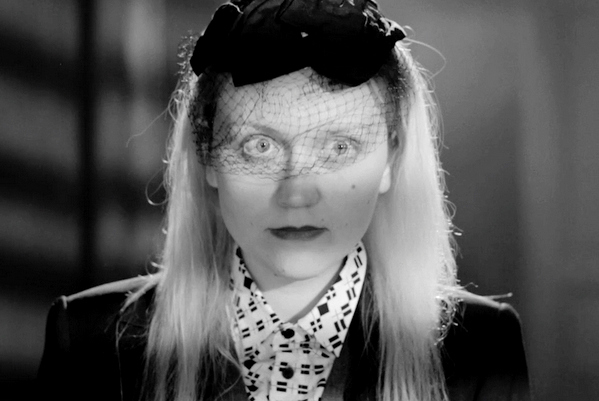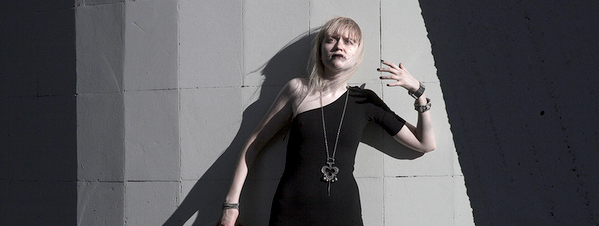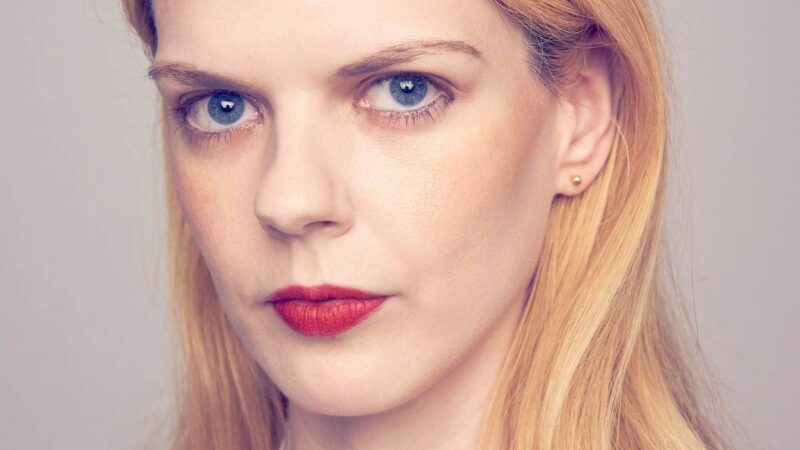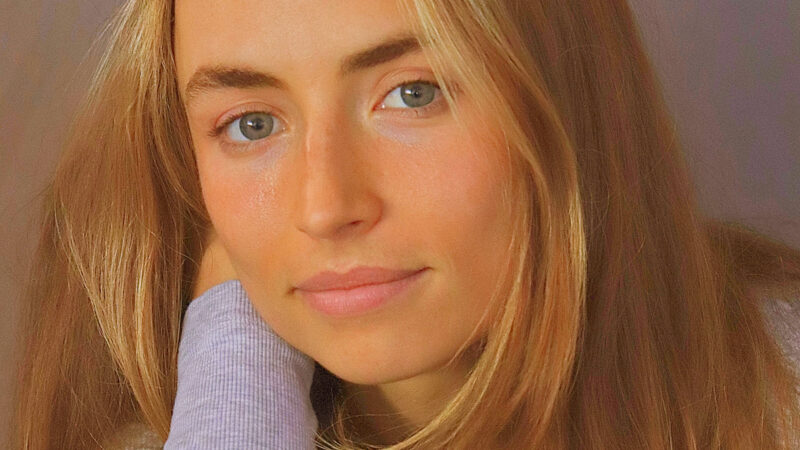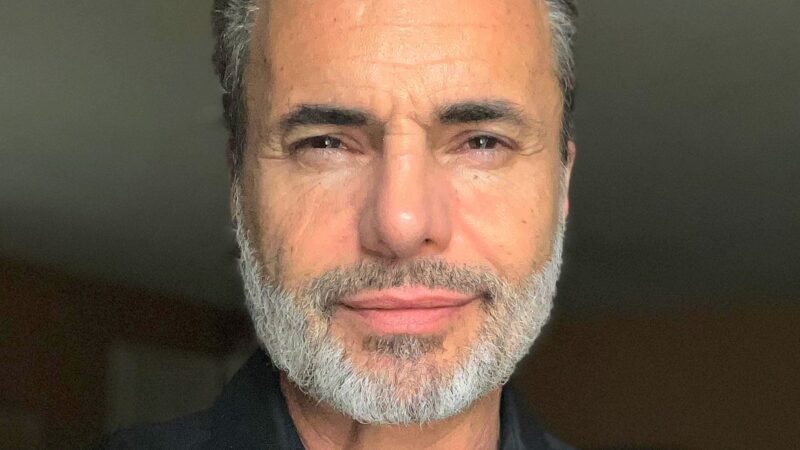Diana Galimzyanova is a writer and director based in Moscow, Russia. Her four award-winning short films were accepted to more than thirty-five festivals in thirteen countries. Her latest short script “A Fangirl” is a finalist in several competitions. Right now she is currently in the midst of the pre-production of her debut feature, the first ever female-directed Russian film noir with reverse chronology, The Lightest Darkness
first day of shooting @theLDnoir is over #filmnoir #SupportIndieFilm #womeninfilm pic.twitter.com/GTo5AhUnwh
— Diana Galimzyanova (@DiGalimzyanova) October 19, 2016
Why did you get into filmmaking and screenwriting
Because I’ve always been a person who loves writing the stories and who sees these stories in pictures, so one day I just decided that I want to be a filmmaker.
When should a filmmaker start planning for distribution
Well I believe you need to start planning before you start developing the script, at least that’s what I did, I’ve chosen this particular idea to be the essence of my debut feature while keeping the distribution in mind. Only the time will show whether my plan will be successful or not.
The Lightest Darkness (trailer) from Diana Galimzyanova on Vimeo.
What films have you made
I’ve made a bunch of weird shorts that were screened at quite a lot of festivals. The recent short film I’ve just made in Finland with international cast and crew is a no-budget horror that’s based on the Greek myth of the Minotaur and is told from the point of vies of the female minotaur. It’s in post-production right now, and I hope it’ll be on the festival circuit in late autumn.
What is your concept on collaboration
You need to learn how to listen to people because filmmaking is the collaborative medium. It took me quite a long time to realize that the most important thing is what makes the film better, not what exactly matches my initial vision. But you also need to learn how to tell the good idea that comes from you collaborator for the awful idea and how to tell the person that his idea is terrible without saying it’s terrible. So I think the director needs to be a diplomat and needs to learn how to negotiate. Because at the and of the day filmmaking especially no budget one is not about the dominance it’s about making the best out of nothing. So you need to do what’s the best for the film, and not what’s the best for your ego.
How do you find the process of filmmaking as an indie filmmaker
You need to have a strict schedule and do everything by it, the schedule is your god. You either plan everything including all the disasters that could happen at the last moment or fail. But you can’t afford to fail because your cast and crew are counting on you. So you just plan better. And plan more. Because if anything goes wrong, it’s your fault as a director.
Describe your recent work
I’m working on my debut feature, the first ever female-directed Russian film noir with reverse chronology, The Lightest Darkness. We just finished a successful IndieGoGo campaign. That money will help us to cover the costs associated with the first half of the production. The shooting will begin in October, so now I need to do all the planning and rehearsals because as I said with no budget films the scheduling is crucial, you can’t afford mistakes, so you plan and plan and plan. I’ve learned how to do it while producing my short films that were self-financed.
 When are your future goals
When are your future goals
The most important thing for me right now is to finish the production period of The Lightest Darkness, and to do it as good as it gets with basically no money. I’m fortunate to have a lot of talented people involved in this project, who love the idea and the script.
What do indie filmmakers need today in the world of film
I think we live in a wonderful time when we have a lot of opportunities around us. The amount of free and cheap information is mind blowing. All the amazing books and workshops and articles for those who strive to get new knowledge. I personally read two-three filmmaking books a month, every month, but still, my Amazon wish list doesn’t get smaller. So I think the filmmaker should never stop learning and expanding his horizon.

